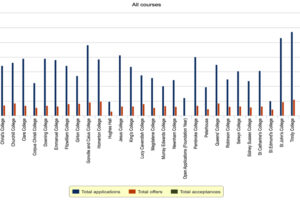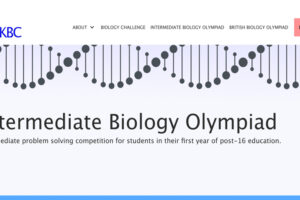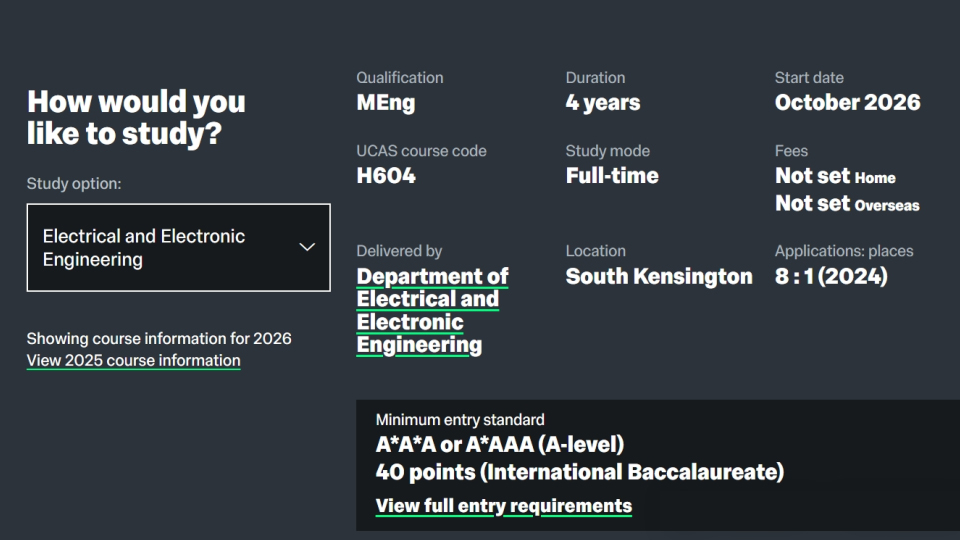
What’s it like studying electrical and electronic engineering at Imperial College London? A senior student takes you inside the realities of university life.
The electrical and electronic engineering major covers a wide range of disciplines, allowing students to delve into areas such as computer science, machine learning, chip design, and embedded systems development, as well as research in semiconductors, robotics, and power supply technology. It encompasses several industries generally considered to be particularly promising for the future. However, this highly sought-after major also faces intense competition. According to application data released on Imperial College’s official website, the final acceptance rate for the 2024 cycle was only approximately 8:1.
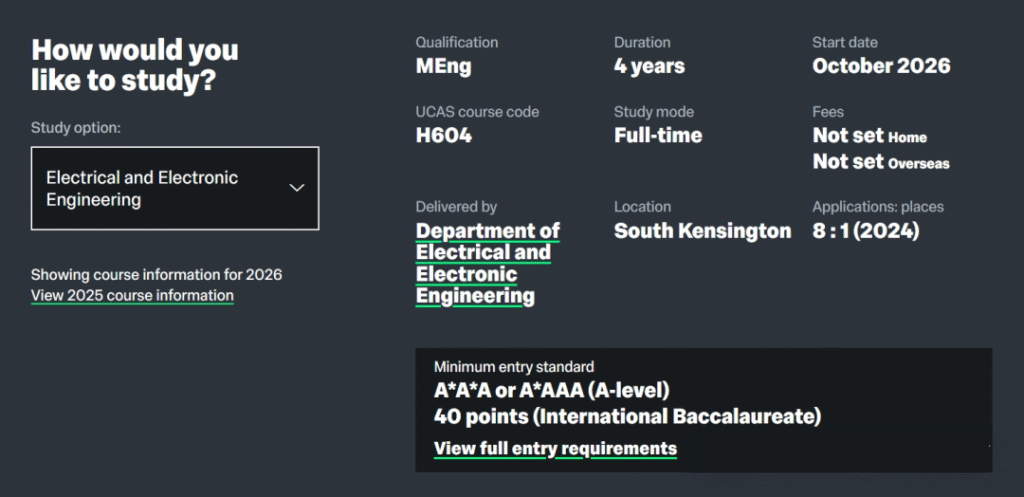
Today, we’ll share with you the advice of alumni from Imperial College’s electrical and electronic engineering program, Z. Let’s hear what they offer about applying to Imperial, how they evaluate their study and life at Imperial, and how they adapted to the program.
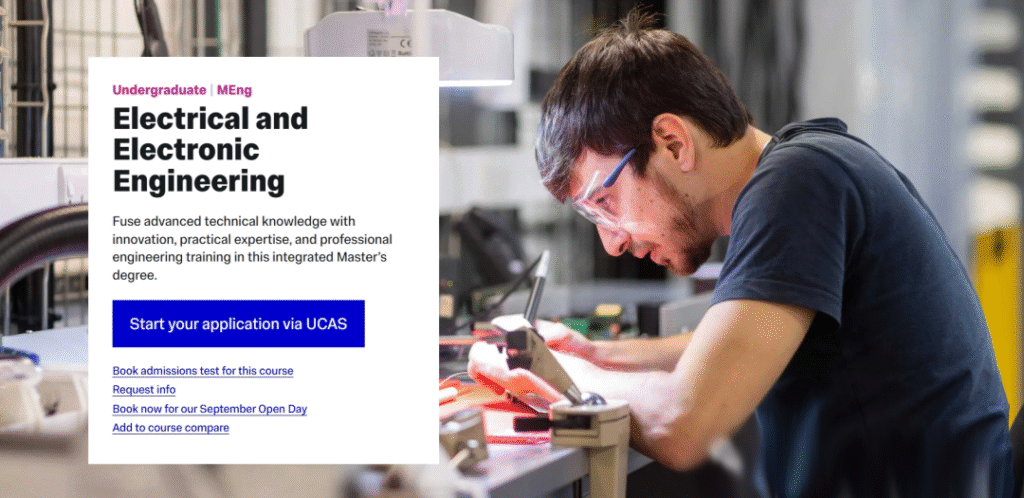
1.Why did you choose electrical and electronic engineering?
A: It all started when I loved gaming as a child. I compared the features of computers and explored the differences in performance between them, which led me to understand the performance gaps between CPUs and graphics cards. Later, I began to explore the differences in computer architecture and compute units, and learned about an architect named Jim Keller. He was the architect of AMD’s Z series and also participated in the development of several generations of Apple chips.

I thought these careers were very exciting. I learned that this type of technology falls under the umbrella of electronic and electrical engineering/electronic information engineering, and because I personally prefer hardware-related development, I ultimately chose electronic and electrical engineering.
2.How did you plan your personal statement?
A: My personal statement begins by explaining where my interest in electronic and electrical engineering stems from. Then, in the body, I detailed my academic activities and projects. These included attending an Apple summer camp, my high school exchange experience at a local high school in the UK where I encountered and built Arduino and VR equipment, and a smart kaleidoscope I created at a science fair.
3.Did you have a smooth essay writing process? What suggestions do you have for your essay?
A: Initially, it went very smoothly. Since essay writing is a 0-to-1 process, going from nothing to finishing it all and seeing it fully fleshed out gave me a great sense of accomplishment.
However, as I reviewed my essay over and over again, I discovered many minor issues, such as inappropriate content, poorly written phrasing, or incorrect grammar. Constantly revising my essay became a daunting task. I experienced a constant cycle of joy and frustration, but fortunately, the final draft was flawless. So, everyone should start writing their essays as early as possible.
I think juniors should start by connecting themselves to their chosen major. Then, from their own perspective, discuss the future development of the major, its impact on individuals, society, and the world. Be sure to demonstrate how your academic projects relate to the subject you’re applying for.
4.Do you have any tips for interview preparation?
A: First, we must be able to fluently answer basic questions, such as why we chose this major and why this particular school. Academic questions require constant practice. For example, in electrical and electronic engineering, AC signals are often calculated using trigonometric functions. It’s best to focus on practicing trigonometric problems. I actually encountered these questions during the formal interview.
Overall, we should be genuinely interested in our chosen major and school. During your daily study and accumulation, you should focus on topics related to your application program, but you don’t need to learn anything too advanced. Interview questions are generally within the scope of your knowledge. Before the interview, you can refer to other people’s interview experiences, search online for questions, and practice with professors and classmates.
5.Do you think the Imperial College interview is difficult?
A: Imperial College interviews are generally divided into two parts: general questions and academic questions. General questions include questions like why you chose electronic and electrical engineering and why you applied to Imperial College. Academic questions are more random. I participated in an online interview, and the professor asked me to write down my final answers in the Teams chat box. During the interview, he would constantly ask me how I came up with each step, which required me to maintain a clear mindset at all times. The whole process was quite challenging.
Whether the interview is difficult or not depends entirely on the individual. If you are well prepared, you will be more comfortable. However, if you lack practice or feel nervous during the interview, you may feel overwhelmed and fail to perform at your best.
I’d like to remind everyone that at the end of the interview, the professor will allow applicants to ask questions. When asked this question, you must think carefully before asking. Try not to ask about basic knowledge learned in high school, as this is something you should have already mastered.
6.What is the curriculum like for IC electrical and electronic engineering?
A: Electrical and electronic engineering generally begins with engineering mathematics, then moves on to some circuit hardware knowledge. It begins with basic concepts like resistance and current, then moves on to digital circuits, which are different from hardware and require more logical thinking. In addition to the above, there are also some more general courses covering various electrical topics, such as semiconductors and signal modulation. Besides the mathematics, almost every course requires laboratory experiments.
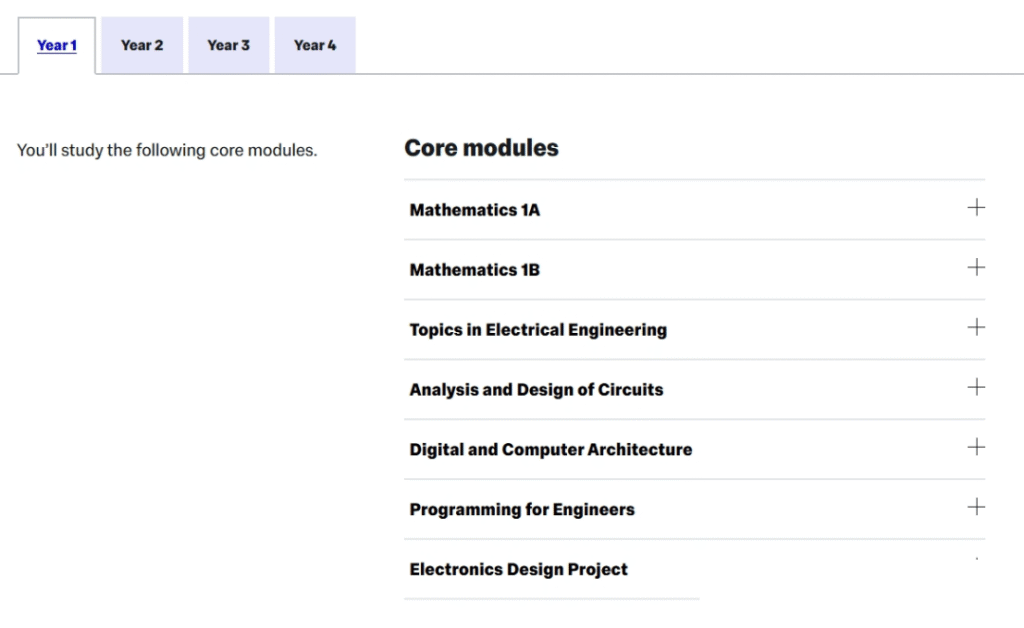
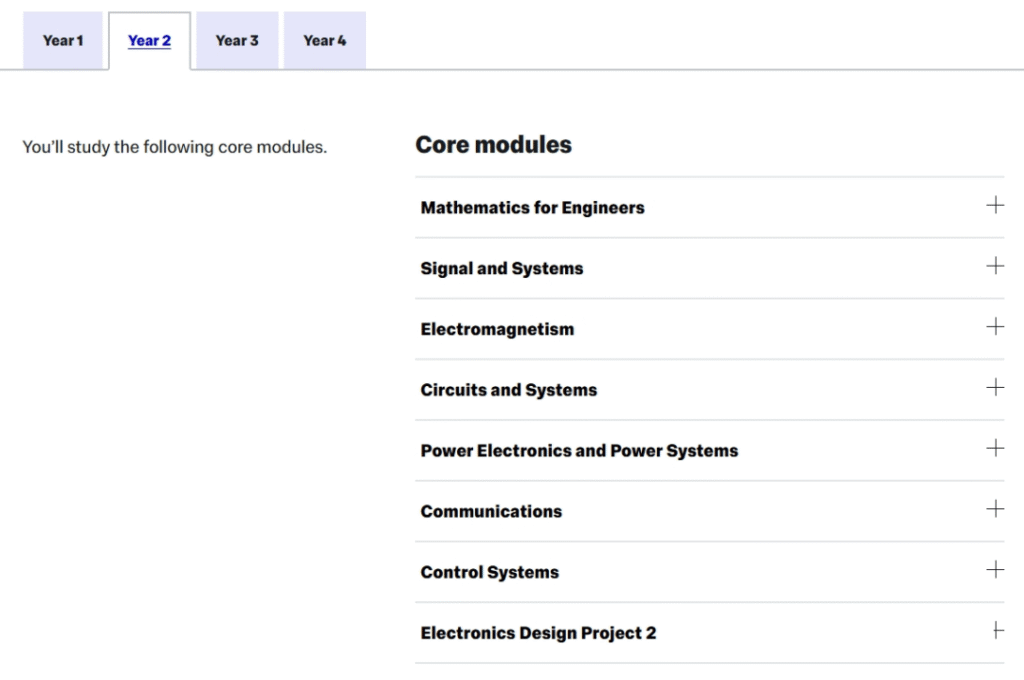
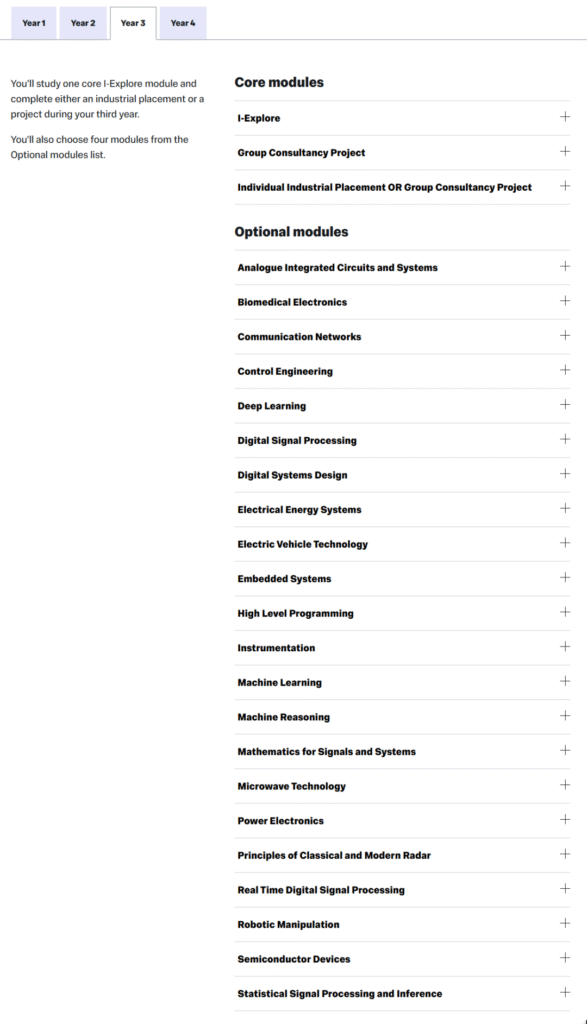
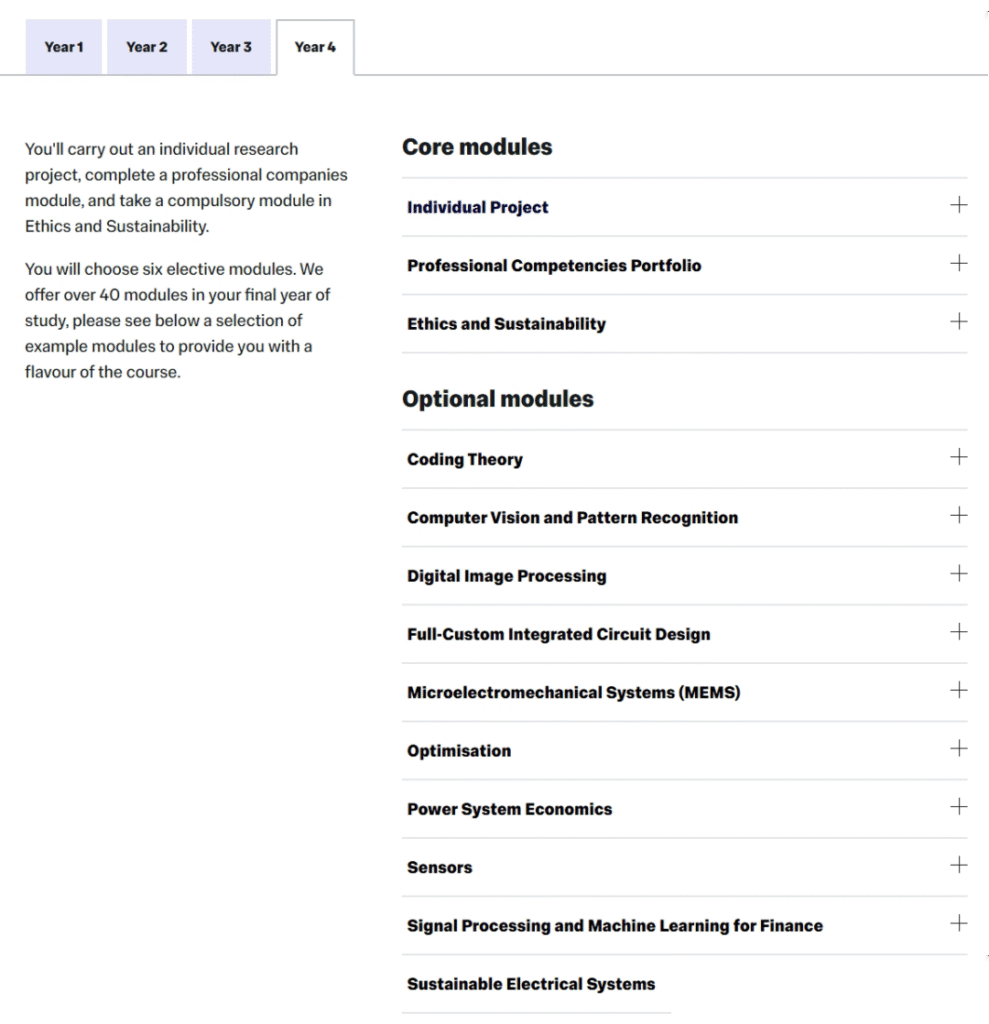
7.As a popular major at Imperial College, is electrical and electronic engineering stressful?
A: The course schedule itself isn’t particularly tight, but I’m surrounded by many students who are more talented and work even harder than me. In this academic environment, there is still some pressure.
During the experiments, I sometimes encounter difficult-to-explain phenomena, and I even need to seek help from multiple experienced professors. Basically, 50% of my overtime is due to lab work. If the results aren’t what I expected, I need to replicate the situation and spend more time identifying the key issues.
8.Are your classmates usually “crazy”?
A: Many of them spend their weekends in the library, squeezing in their weekend playtime for study. My rest time is usually structured around my lab schedule. For example, if I’m almost done with a lab for a course, I’ll take some time off. But if I’m struggling to catch up, I’ll have to keep working overtime in the lab.
Most of the time after class and school, I go straight back to the dorm and don’t go to the library. However, during special periods like the exam season and finals, I’ll be among those who spend time in the library.
9.Where do you usually go for fun in your spare time?
A: I go with my friends in my major on weekends to explore London’s surroundings, see the scenery, go skiing, or something like that.
10.Do you have any advice for renting an apartment?
A: When looking for an apartment in your sophomore year, it’s important to plan ahead and start looking two to three months in advance, depending on your move-in date. It’s possible that the type of property you’re looking for isn’t available for booking yet, or you might be unsatisfied after viewing several properties. Choosing between these options can be time-consuming. Be sure to choose a reliable agent, as some can be tricky, such as overcharging or signing long-term contracts. Finding a balance between price and comfort is crucial, as London’s housing prices are indeed very high.
Finally, I want to say this to those still applying: Be sure to firmly establish your A Level foundation, gain a deeper understanding of your desired program, and practice both written exams and interview questions to strengthen your academic thinking.

